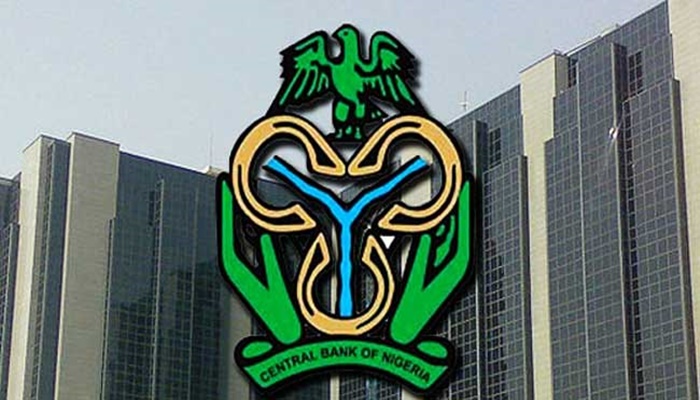FG urges CBN to reduce the number of BDCs from 5,000 to 200
The Federal Government has urged the Central Bank of Nigeria (CBN) to reduce the number of Bureau de Change (BDC) operating in the country from over 5,000 to about 200.
This statement was made by the Special Adviser to President Tinubu on Economic Affairs, Tope Fasua during an economic policy event organized by the Abuja Chamber of Commerce and Industry.
Tope Fasua noted that the high number of BDCs in operation makes it difficult for the CBN to supervise them, which eventually leads to irregularities in the forex market.
According to the Presidential Aide, “We need to do some structural reforms. For example, I believe we should reform the BDCs’ sector, and make them stronger.
“You can’t manage over 5,000 BDCs selling money on the streets, it is not normal. You have to define the illegal market and by then, we will be able to find stability.
“We cannot manage 5,000 BDCs, maybe we should be looking at 100 or 200. In the United Kingdom as a tourism destination, they have 145 BDCs the last time I checked. In the UAE they have 130.
“So what are we doing with 5,000 BDCs? You will never be able to supervise them. How many staff would you need to look at their returns and check them?”
He also advised that more structures need to be put in place to enable the BDCs and Banks to provide easy access to forex by Nigerians.
“If we can do the structural reforms in the BDCs sector and the banks and supervise them well, the CBN with the reserves that we have can incentivize that sector, allowing people to get the money much quicker.”
Even recently, it was reported that the Association of Bureau De Change Operators of Nigeria (ABCON) which is the umbrella body of all BDC Operators in Nigeria had asked CBN to increase the minimum capital requirement of forex traders to do business from the present N35 million to N350 million ($454,888).
To further show that association also sees the need in pruning down the operators, it recommended a merger for its members to allow them to boost their capacity in handling diaspora remittances or any other funds sent from abroad to enable them to channel the foreign exchange to shops and small businesses.




